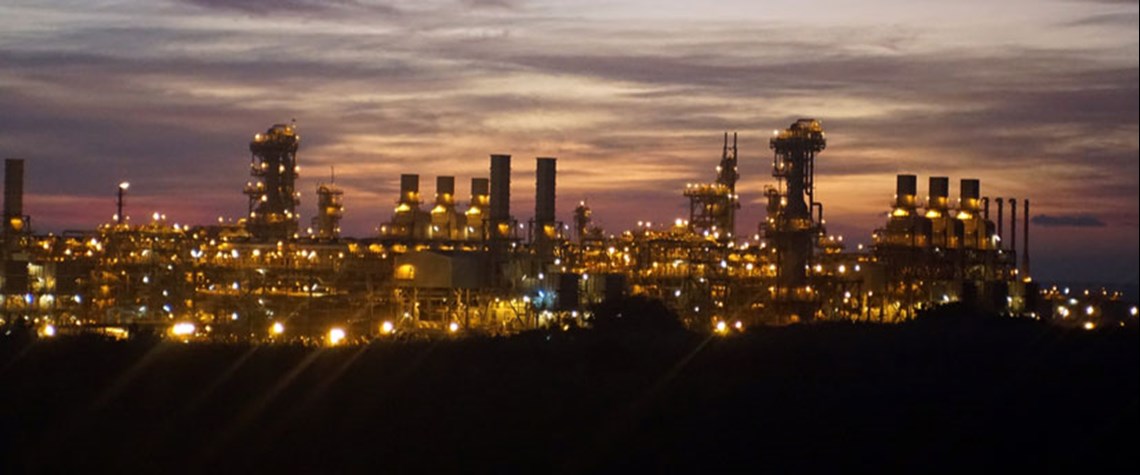Papua New Guinea risks LNG ambitions
The county’s negotiating tactics are damaging its reputation among developers
Papua New Guinea’s clumsy attempts to secure greater returns from LNG projects continue to discourage investors, particularly as the country was already seen as challenging given its difficult terrain, limited infrastructure, frequent civil unrest, high level of corruption and potential for earthquakes. At least one major development—the Total-operated 5.33mn t/yr Papua LNG scheme—remains on track in the resource-rich island nation, while a smaller scheme—Pasca A—has become the latest project thrown into doubt by government negotiation tactics. The Papua LNG partners—comprising France’s Total (40.1pc), ExxonMobil-subsidiary InterOil (36.5pc) and ASX-listed Oil Search (22.8pc)—signed a fis

Also in this section
17 February 2026
The 25th WPC Energy Congress, taking place in Riyadh, Saudi Arabia from 26–30 April 2026, will bring together leaders from the political, industrial, financial and technology sectors under the unifying theme “Pathways to an Energy Future for All”
17 February 2026
Siemens Energy has been active in the Kingdom for nearly a century, evolving over that time from a project-based foreign supplier to a locally operating multi-national company with its own domestic supply chain and workforce
17 February 2026
Eni’s chief operating officer for global natural resources, Guido Brusco, takes stock of the company’s key achievements over the past year, and what differentiates its strategy from those of its peers in the LNG sector and beyond
16 February 2026
As the third wave of global LNG arrives, Wood Mackenzie’s director for Europe gas and LNG, Tom Marzec-Manser, discusses with Petroleum Economist the outlook for Europe’s gas market in 2026







